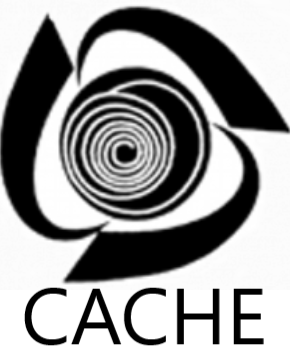Clapeyron, Clausius-Clapeyron, and Antoine Equations: Summary
The answers to the ConcepTests are given below and will open in a separate window.
Key points from this module:
- The Clausius-Clapeyron equation, which assumes a constant heat of vaporization, is a good approximation if the temperature is not too close to critical temperature.
- The Clausius-Clapeyron equation is for vapor-liquid or vapor-solid equilibrium and assumes the gas phase is ideal.
- The Clapeyron equation can be applied to two phases in equilibrium: vapor-liquid, vapor-solid, solid-liquid.
- The Antoine equation is an empirical fit to vapor pressure versus temperature data.
From studying this module, you should now be able to:
- Calculate the saturation pressure at a given temperature using Antoine’s equation.
- Calculate the saturation pressure at a given temperature using the Clausius-Clapeyron equation (for vapor-liquid or vapor-solid equilibrium).
- Apply the Clapeyron equation to solid-liquid equilibrium to determine equilibrium pressure as a function of temperature.
- Determine which component has the higher heat of vaporization on a plot of \(ln(P^{sat})\) versus inverse temperature.
Prepared by John L. Falconer, Department of Chemical and Biological Engineering, University of Colorado Boulder



